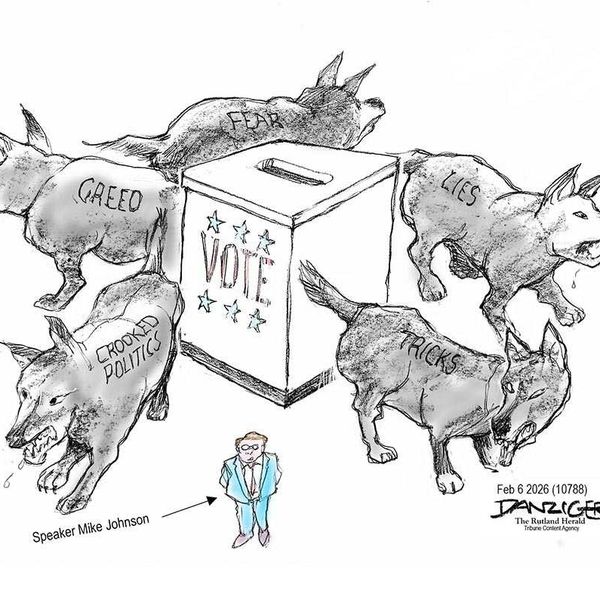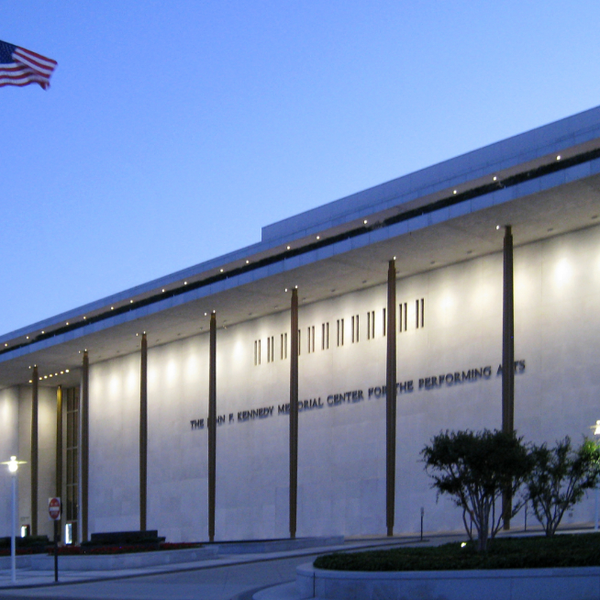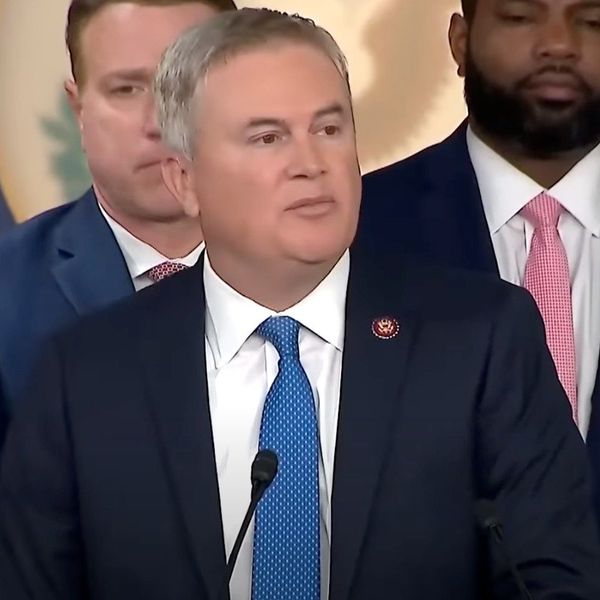
By Bridget Bowman, CQ-Roll Call (TNS)
WASHINGTON — One day before the District of Columbia is set to legalize marijuana, members of Congress are launching an investigation into D.C.’s decision to do so, and warning that implementing legalization would break the law.
“If you decide to move forward tomorrow with the legalization of marijuana in the District, you will be doing so in knowing and willful violation of the law,” House Oversight and Government Reform Chairman Jason Chaffetz (R-UT), and Subcommittee on Government Operations Chairman Mark Meadows (R-NC) wrote in a letter sent to D.C. Mayor Muriel Bowser early Wednesday morning.
The lawmakers’ committees have jurisdiction over D.C. and the assertion is not a surprise. Chaffetz and others have been saying for weeks that the District cannot move forward with legalization. But in a departure from previous statements where they said Congress did not need to take further action, they have opened a probe and are calling on D.C. to turn over employee information, spending figures, and communications regarding legalization by March 10.
The District is poised to implement Initiative 71, approved by 70 percent of D.C. voters last fall, at 12:01 a.m. on Feb. 26. The initiative legalizes possession of two ounces of marijuana and cultivation of six plants, three of which can be mature, for adults over the age of 21.
Congress moved to block the initiative in December by attaching a rider to the year-end spending package barring federal and local funds from being used “to enact any law, rule, or regulation to legalize or reduce penalties associated with the possession, use or distribution” of marijuana. D.C. officials argue the rider blocks enacting any further changes to marijuana policy, but say the city can carry out the initiative because it was enacted before the spending package was signed into law.
Despite the rider, D.C. Council Chairman Phil Mendelson transmitted the initiative to Congress in January for a 30-day review process, which ends this week. During those 30 legislative days, a member of Congress could attempt to strike down the initiative by introducing a joint resolution of disapproval, which would need to pass both houses and be signed by President Barack Obama. But Chaffetz, who has experience with disapproval resolutions (he introduced one in 2010 to block D.C.’s same-sex marriage bill), said a resolution was not necessary, because Congress already blocked the law in December.
In their letter, Chaffetz and Meadows stressed that moving forward with legalization would violate the law barring enactment. They also argued the Constitution and the courts grant Congress jurisdiction over D.C.
“Given Congress’ broad powers to legislate with regard to the District of Columbia it would be unprecedented for the District to take actions proscribed by legislation passed by Congress and signed by the president,” they wrote.
Their letter also brings up the possibility that moving forward with the initiative violates the Anti-Deficiency Act, which stipulates D.C. cannot spend money that was not appropriated. If D.C. officials knowingly and willingly violated the ADA, the violation would be criminal, and penalties include a maximum $5,000 fine, up to two years in prison, or both.
As part of their investigation, Chaffetz and Meadows are requesting Bowser provide a list of D.C. employees who participated in enactment, including salary, position, amount of time in the role, and specific actions taken, as well as a list of employees who declined to participate. They also asked how much money went into enactment, including what was spent on transmitting the initiative and developing rules for the police and the public. Lastly, the lawmakers requested “any document or communication” related to enacting Initiative 71.
It is unclear how D.C. officials will respond to the investigation. The mayor, the District attorney general, and the D.C. Council all have been firm in their conviction the initiative can take effect Thursday.
“D.C. residents spoke loud and clear last November when they adopted Initiative 71 to legalize small amounts of marijuana in the District of Columbia,” Bowser said at a breakfast with the D.C. Council Tuesday morning. “And we of course stand together in wanting to enforce the will of the people by implementing the initiative in a safe, fair and transparent way.”
But the letter is teeing up a confrontation with Congress. Even before the letter was sent, Delegate Eleanor Holmes Norton (D-DC) sent out a statement Tuesday afternoon, warning Republicans against interfering in the District’s marijuana policy.
“If the Republican Congress, which can’t decide to how keep open one of its premier security agencies, the Department of Homeland Security, wants to pick a fight with the District over our local marijuana reform law,” Norton said, “a fight is what they will get.”
Photo: North Cascades National Park via Flickr








